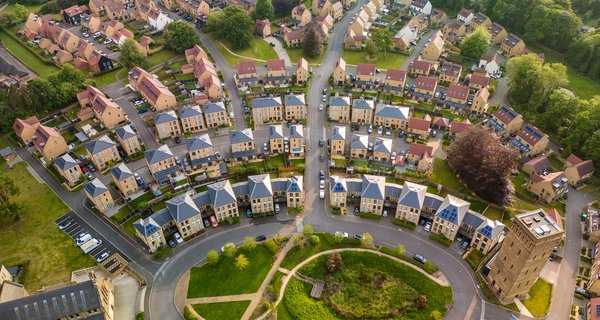Smart meters are a big topic of conversation within the MSE community. This is also true within heat pump conversations. Homeowners asking questions about heat pumps also want to know how to get a smart meter, how accurate they are and what happens if they switch suppliers.
How do I get a smart meter?
“How can people get a smart meter?“
“Can I just ask for a smart meter?”
“'Would a smart meter be better?'”
Smart meters are available for free from energy suppliers as part of the UK government’s rollout. Suppliers will contact customers to offer a smart meter but customers can also request one directly. Renters who pay the energy bills can get a smart meter, though it’s advisable to inform their landlord. Some tenancy agreements may have restrictions, but landlords cannot unreasonably refuse installation. If the landlord pays the energy bills, the decision is theirs.
Installation of a smart meter usually takes place within normal working hours (9:00am - 5:00pm) and lasts 2-4 hours. If the supplier cancels with less than one working day’s notice, they must pay compensation of £30.
What if I switch suppliers?
“What happens if they change providers?”
When switching energy providers, it is worth checking if the smart meter continues to operate in smart mode after switching. First-generation smart meters may lose smart functionality temporarily until a remote upgrade reconnects them to the national infrastructure.
Will my bill be based on an estimation or actual consumption?
For meter functionality, there were common questions around how to interpret the readings from the meter and how that tallies with actual usage.
"Does the cost tie up with your readings?"
"Is it your estimated annual consumption or actual consumption from previous meter reads?"
"Then checking usage figures over a few days before, during off & after to see how they change?"
After a smart meter is installed energy bills should be based on actual consumption, not estimates. Smart meters automatically send readings to the supplier, ensuring accuracy. However, customers may still receive an estimated bill if they’ve recently installed a smart meter, switched suppliers or if the meter temporarily loses its smart functionality.
Along with a smart meter, customers typically get a small portable device with a digital screen, known as a smart energy monitor. This monitor shows real-time energy usage, but it's best to check readings directly from the meter for billing accuracy. If a smart meter isn't sending readings, they may need to be submitted manually until the issue is resolved.
If a customer suspects an error, they can request an independent meter accuracy test, though they may be charged if the meter is found to be working correctly.





